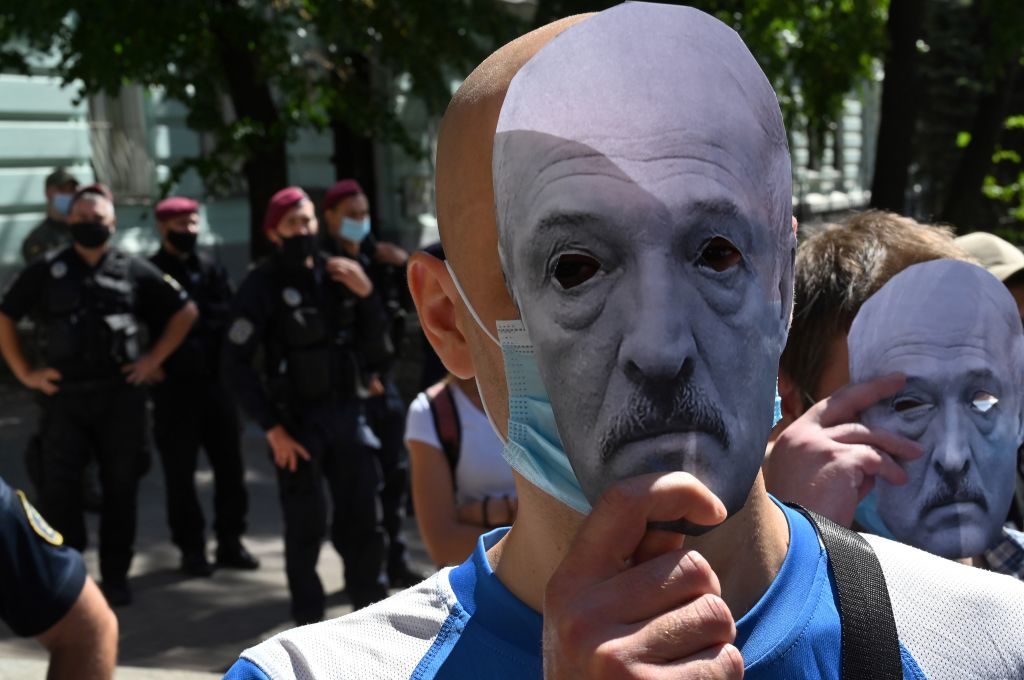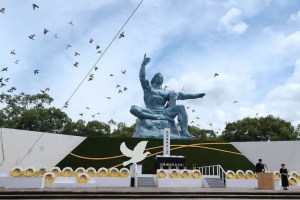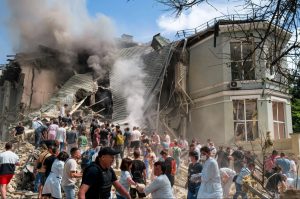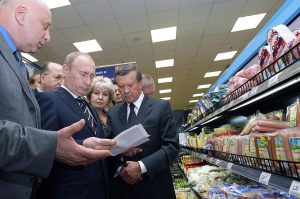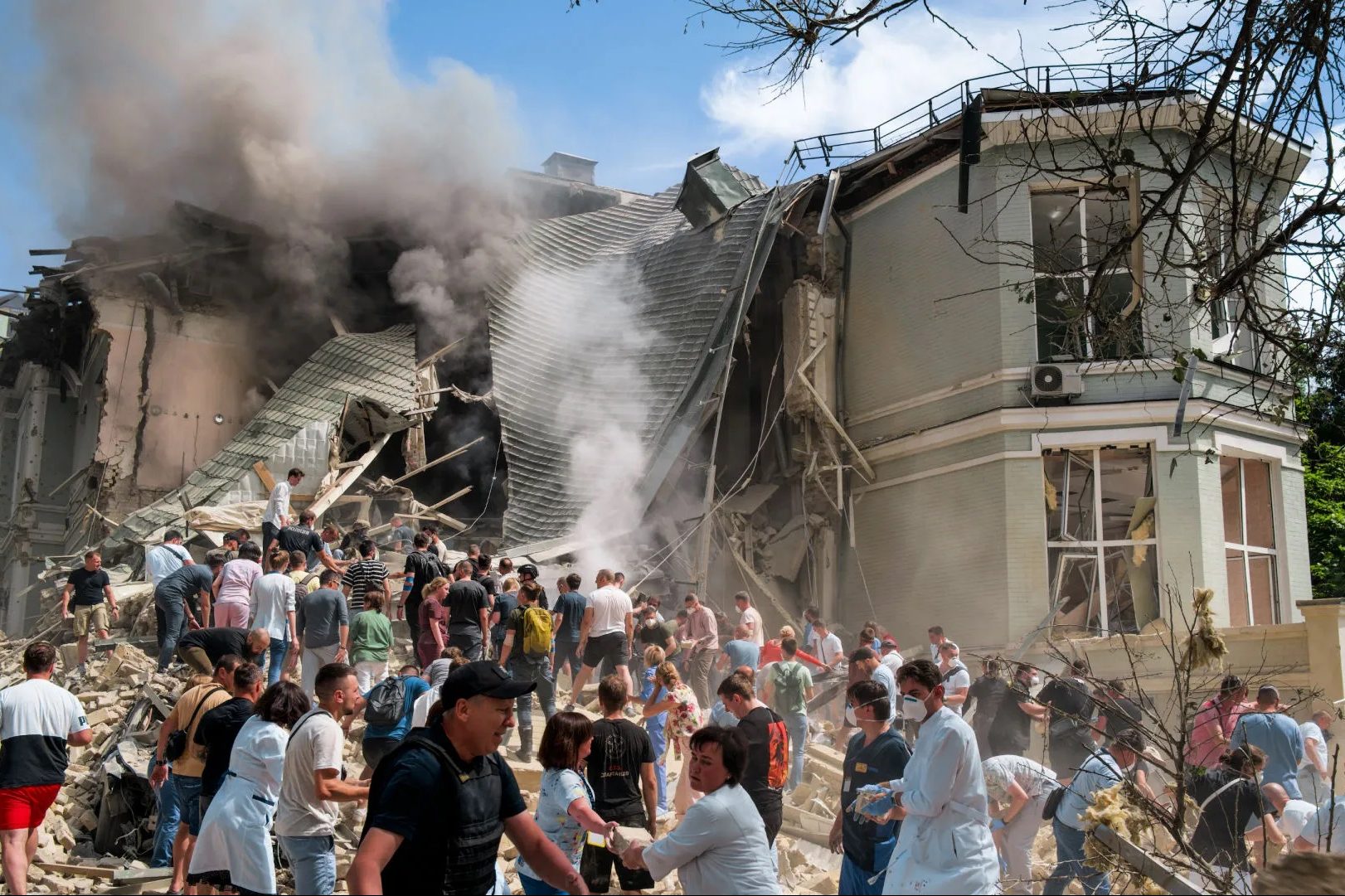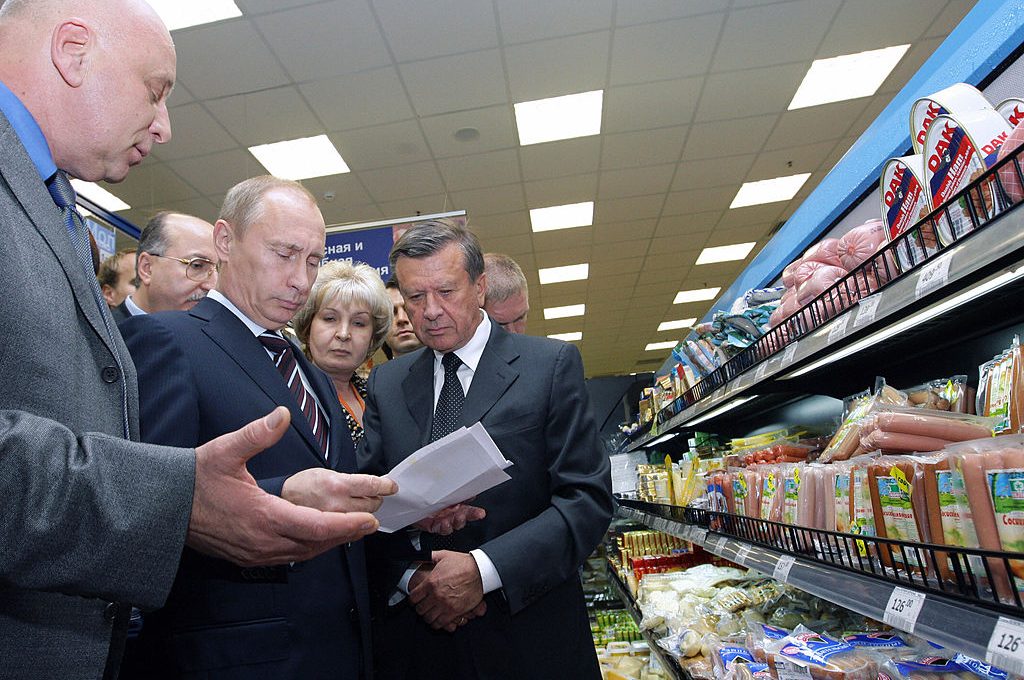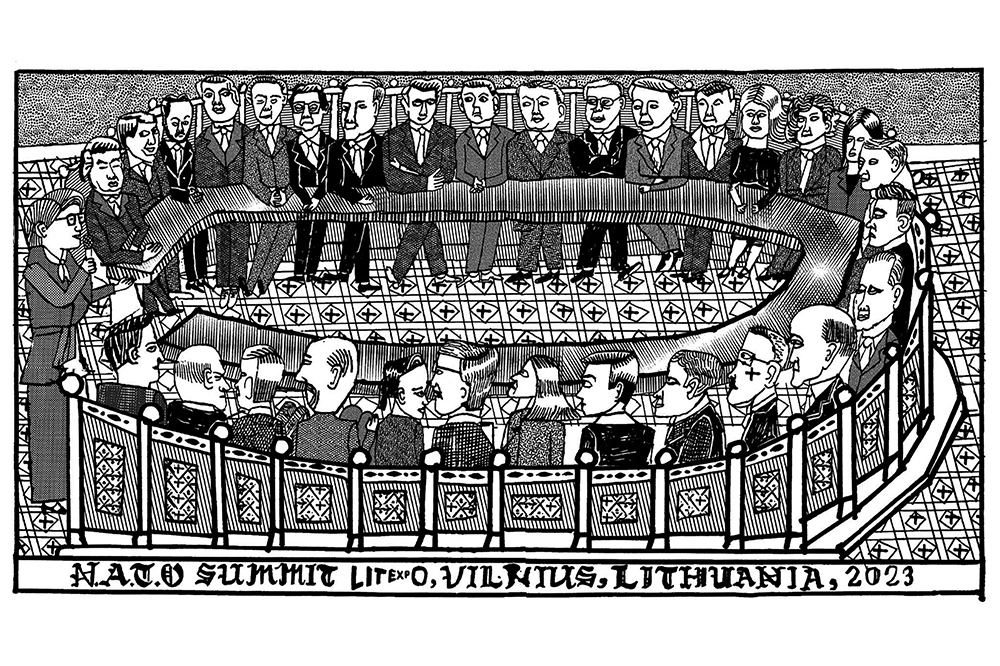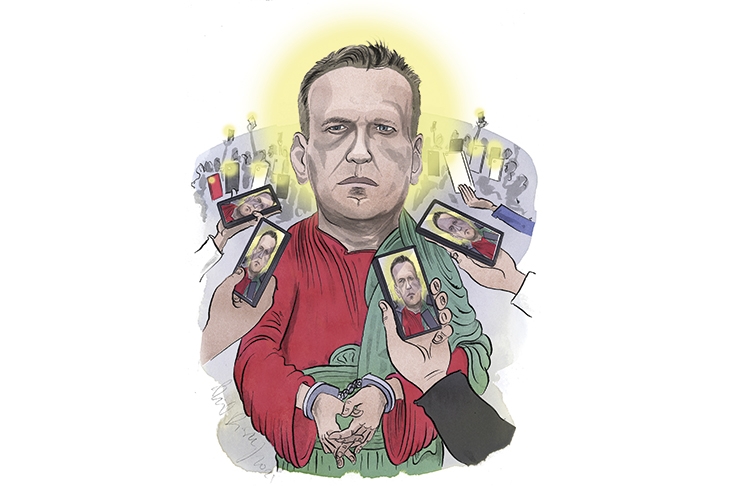I last saw Minsk, my home town, in June 2019. There was no hint of what was to come: Belarusians old and young have become used to dictatorship, and elections have long been treated with a weary cynicism. This time, suddenly and joyously, it is different. What is happening on the streets of towns and cities across my country is not an organized uprising; opposition politicians have been jailed and independent media squashed for decades, so that would be impossible. What the world is witnessing is a spontaneous urge for freedom from ordinary people: my fellow citizens. These are not activists; they are nurses and businesspeople, housewives and lawyers.
I am now based in Western Europe and feel guilt at not marching alongside my fellow countrymen and women. Friends who are joining the peaceful marches have been arrested and imprisoned: they are beaten and denied food and water in prison. Others, across the country, have disappeared without contact. Will we ever know what happened to them? The Lukashenko regime has now shut down most of the country’s internet; messages are smuggled out through old-fashioned radio broadcasts and calls from foreign SIM cards. Those messages from friends, colleagues and family, tell of darker days still to come. Military vehicles have now been deployed to residential areas: the regime is not planning to be subtle.
Urgent action is needed from European leaders, now. Not talking, not stern press statements. Action with a concrete impact. Your fellow Europeans are fighting for their freedom — many, I can tell you, are fighting for their lives as well. The truth is that Western leaders have been lazy and complacent for years about Lukashenko. He is treated more as an eccentric neighbor than an authoritarian dictator. As Europe’s leaders have loudly and expensively defended democracy in Ukraine, and much further afield, the people of Belarus have been left to quietly fend for ourselves.
[special_offer]
Now we have found our voice; and we need help. When I left Belarus to move to the West it was for love, not — as in the case of Svetlana Tikhanovskaya — out of fear. Tikhanovskaya, the opposition candidate in last week’s presidential election, inspired Belarusians with only one manifesto pledge: to hold free elections. That one promise — mundane and yet electrifying — brought thousands to her rallies, and millions to the polls. Now she is exiled fearing for her children’s safety, but the spirit of her promise lives on in all of those taking to the streets. In London, Berlin, Brussels, Paris — you must not look away and you must not let us down. The dictatorship in Belarus has been a stain on Europe’s democratic cloak for far too long.
The imperative to act comes from the desire to provide a better, freer Europe for the next generation — but it also comes from the memories of the generation before us. In the 1980s and 90s, Europe and the US stood firmly behind democratic movements across Eastern Europe, determined to defend and support people who wished to breathe the same free, democratic air as the West.
Many of today’s European leaders — including Boris Johnson, Angela Merkel and Ursula von der Leyen — came of age during that time. Will the leaders of today show the same solidarity and the same resolve to favor freedom over tyranny, as their predecessors? Or will Merkel and Johnson choose the false comfort of some strong words but no strong action? If they do, the media’s attention will move on and Lukashenko’s thugs will be free to fill their jails and reload their guns. History will deliver a damning verdict against those who heard a cry for freedom from their neighbors, and did nothing.



